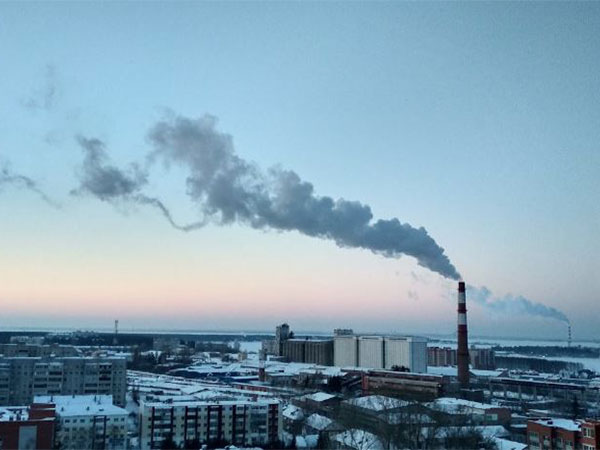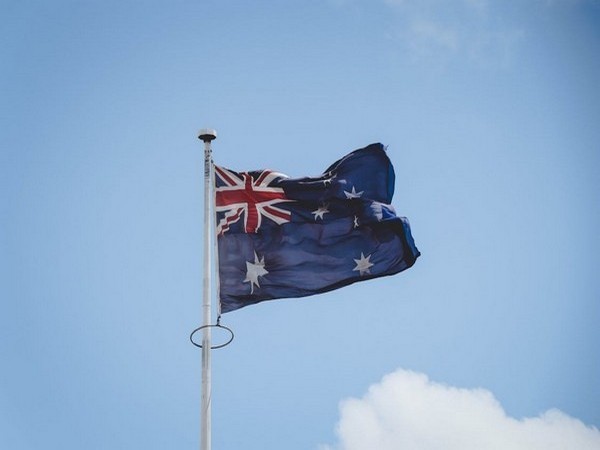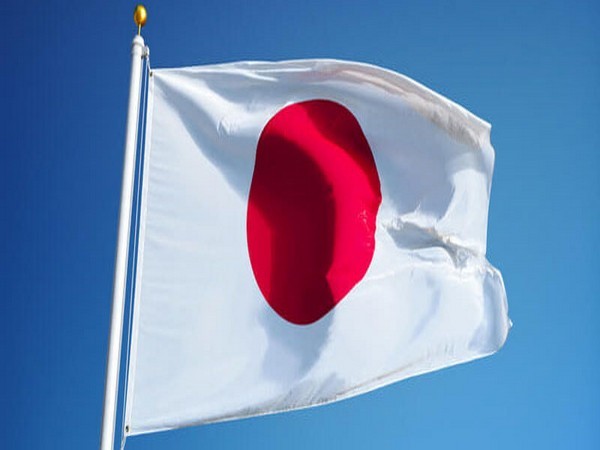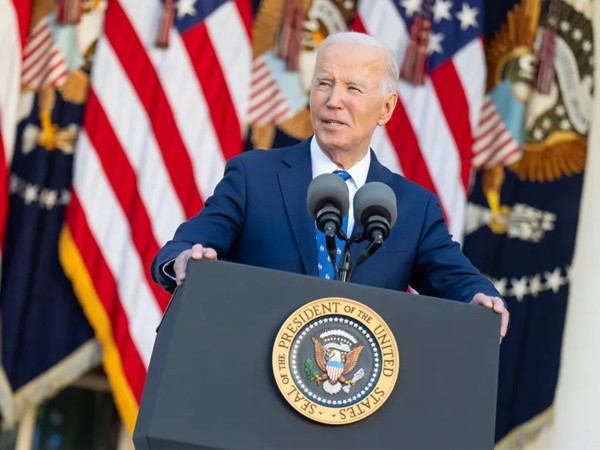International experts gather to advance monitoring of marine microplastic pollution
Jul 09, 2024
Vienna [Austria], July 9: Experts in the fight against plastic pollution meT here to develop an international network of high-tech laboratories that can monitor marine microplastics, and examine other progress made under the International Atomic Energy Agency's (IAEA) NUclear TEchnology for Controlling Plastic Pollution (NUTEC Plastics). NUTEC Plastics aims to bring together private and public partners and donors from around the globe to tackle plastic pollution by applying nuclear and isotopic techniques, which can be used to understand the origin, movement and impact of microplastics on the marine environment
NUTEC Plastics helps countries integrate nuclear techniques when addressing the challenges of plastic pollution. It builds on a portfolio of IAEA research and technical cooperation projects around plastic recycling using radiation technology and marine monitoring of microplastics using isotopic tracing techniques.
Countries face a number of interrelated challenges in relation to monitoring the ocean environment. There is a deficiency in data: a lack of comprehensive and reliable information on microplastic abundance, origin and trends. This scientific evidence is vital for robust policy development.
There is also insufficient awareness among the general public, scientific community and policy makers about the scale and impact of microplastic pollution, including the potential effects on human health.
The meeting was opened by IAEA Director General Rafael Mariano Grossi, the Executive Secretary of the Intergovernmental Negotiating Committee, Jyoti Mathur-Filipp of UNEP, and the United Nations Special Envoy for the Ocean, Peter Thomson.
Director General Grossi said that the IAEA will focus on building a global network of laboratories to monitor microplastics, share best practices, and develop protocols. "Nuclear technology can help us address the challenge of microplastics with unprecedented precision and effectiveness," Mr Grossi explained. "The global threat posed by plastic waste requires a global approach. It requires collaboration, partnerships and coordinated action," he added.
"Innovative partnerships such as the IAEA NUTEC Plastics initiative bring together the human, technological and financial capital to help the world monitor and develop targeted solutions to the plastic pollution crisis," said UNEP's Ms Mathur-Filipp. "These are exactly the kinds of alliances we need to stem the tide of plastic pollution as members work towards agreeing on the instrument by the end of this year."
"Once pristine shorelines and rivers are now littered with plastic debris...meanwhile, unseen to the naked eye, microplastics are making their way into our bloodstreams, crossing placental and blood brain barriers," explained Peter Thomson.
"NUTEC Plastics is a new way of thinking, an innovative way of measuring our problem, and through its comprehensive deployment, I am confident we will find our way towards a cure for the plague of plastic pollution," he added.
The 61 countries attending the meeting are participating into an interregional IAEA technical cooperation programme that aims to support - by the end of 2027 - the establishment of a network of laboratories around the world with the capacity to monitor microplastics in the ocean and to identify trends through the exchange of data, knowledge and best practices in this area.
The project also aims to develop agreed protocols for marine monitoring, and to build specific national capacities to report on the status and trends of plastic pollution in coastal and marine zones, and to report densities and types of microplastics found on beaches and in seawater. In addition, the project will support fifty countries to become national or regional hubs for training and analysis.
Source: Emirates News Agency








